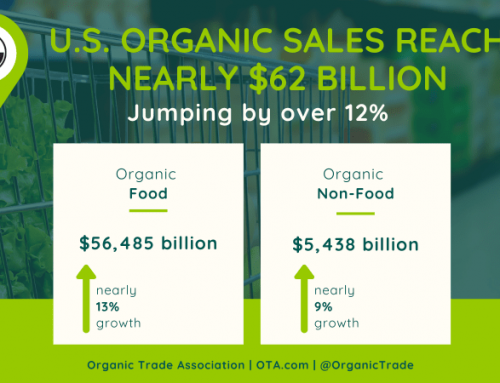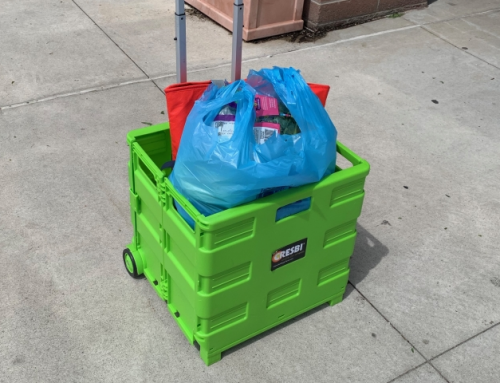
The rule also makes changes to the following substances. Unless otherwise noted, all renewals and changes are effective on June 27, 2012.
- Pectin: After receiving numerous comments from manufacturers, NOSB on June 22 extended its rule change for pectin by four months. Effective Oct. 21, 2012, only non-amidated forms of non-organic pectin, typically added to thicken jams and jellies, will be allowed when organic pectin is not commercially available.
- Iodine: The listing for iodine, which is used to fortify organic foods, has been clarified.
- Chlorine: The allowed use of chlorine in organic crop production has been clarified. For pre-harvest use, residual chlorine levels in the water in direct crop contact or as water from cleaning irrigation systems applied to soil must not exceed the maximum residual disinfectant limit under the Safe Drinking Water Act, except that chlorine products may be used in edible sprout production according to EPA label directions.
- Lignin Sulfonate: The allowed use of lignin sulfonate in organic crop production has been clarified for use as a chelating agent and dust suppressant.
- Colors: The allowed use of non-organic colors in organic processed products has been clarified. Organic colors must be used if they are commercially available. Colors derived from agricultural products must not be produced using synthetic solvents and carrier systems or any artificial preservative.
- Streptomycin: The allowance for streptomycin to control fire blight in organic apple and pear orchards has been extended until October 21, 2014.
- Yeast: Effective Oct. 21, 2012, yeast used in baked goods and other processed organic products must be organic, if commercially available and intended for human consumption.
- Sulfur Dioxide: Effective Oct. 21, 2012, sulfur dioxide (smoke bombs) will no longer be allowed for rodent control in organic crop production.
- Hops: Effective Jan. 1, 2013, hops, typically used in organic beer production, must be organic.
Additionally, NOSB submitted a letter to USDA Secretary Tom Vilsack regarding the establishment of a Genetically Modified Organism (GMO) ad-hoc sub-committee to ensure that GMOs are prohibited in organic production and handling. NOSB also recommended a set of criteria for identifying research needs and a process for NOSB to develop and publish yearly recommendations on emerging research needs.
Click here for a summary report of the NOSB Spring 2012 meeting in its quarterly newsletter. Click here to view the full version of NOSB’s final rule.










Leave A Comment